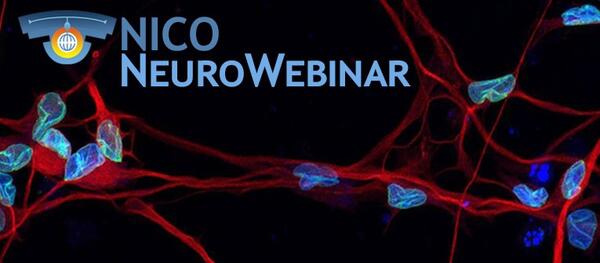
Neuroendocrinology, September 2016
Effects of Subchronic Finasteride Treatment and Withdrawal on Neuroactive Steroid Levels and Their Receptors in the Male Rat Brain
Giatti S. a , Foglio B. b, c , Romano S. a , Pesaresi M. a , Panzica G. b, c , Garcia-Segura L.M. d , Caruso D. a , Melcangi R.C. a
The enzymatic conversion of progesterone and testosterone by the enzyme 5alpha-reductase exerts a crucial role in the control of nervous function. The effects of finasteride in the brain, an inhibitor of this enzyme used for the treatment of human benign prostatic hyperplasia and androgenic alopecia, have been poorly explored.
Therefore, the effects of a subchronic treatment with finasteride at low doses (3 mg/kg/day) and the consequences of its withdrawal on neuroactive steroid levels in plasma, cerebrospinal fluid and some brain regions as well as on the expression of classical and non-classical steroid receptors have been evaluated in male rats.
After subchronic treatment (i.e., for 20 days) the following effects were detected: (i) depending on the compartment considered, alteration in the levels of neuroactive steroids, not only in 5alpha-reduced metabolites but also in its precursors and in neuroactive steroids from other steroidogenic pathways and (ii) an upregulation of the androgen receptor in the cerebral cortex and beta3 subunit of the GABA-A receptor in the cerebellum.
One month after the last treatment (i.e., withdrawal period), some of these effects persisted (i.e., the upregulation of the androgen receptor in the cerebral cortex, an increase of dihydroprogesterone in the cerebellum, a decrease of dihydrotestosterone in plasma). Moreover, other changes in neuroactive steroid levels, steroid receptors (i.e., an upregulation of the estrogen receptor alpha and a downregulation of the estrogen receptor beta in the cerebral cortex) and GABA-A receptor subunits (i.e., a decrease of alpha 4 and beta 3 mRNA levels in the cerebral cortex) were detected.
These findings suggest that finasteride treatment may have broad consequences for brain function.
a
Dipartimento di Scienze Farmacologiche e Biomolecolari, Università degli Studi di Milano, Milan
b
Department of Neuroscience, University of Turin, Turin, and
c
Neuroscience Institute Cavalieri Ottolenghi (NICO), Orbassano, Italy;
d
Instituto Cajal, C.S.I.C., Madrid, Spain







